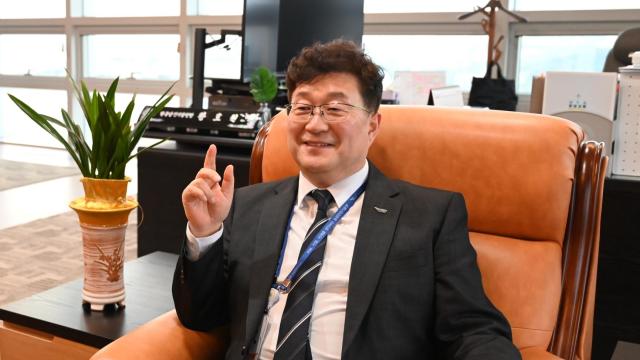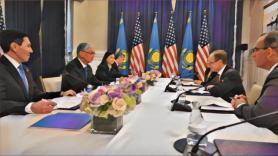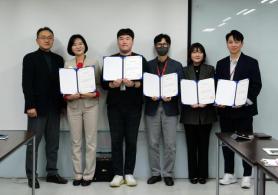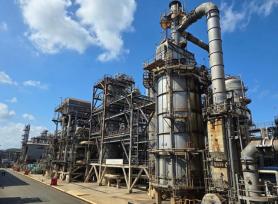
SEOUL, September 23 (AJP) - When Hwang Ho-won left the quiet corridors of academia last year for the front lines of aviation safety, he knew the stakes would be unlike anything he had faced in the classroom.
“Our main focus is building a predictive aviation safety system using data,” Hwang, the head of the Korea Institute of Aviation Safety Technology, said in a recent interview. “The field’s tension and seriousness are unlike anything experienced in academia.”
For more than two decades, Hwang taught aviation law and policy at Korea Aerospace University. Six months into his new role, however, he is steering South Korea’s aviation safety strategy through an era of rapid technological change — and public anxiety.
His mandate is expansive: integrating artificial intelligence into safety systems, preparing for a future of urban air mobility (UAM), and exporting what he calls “K-Safety” as a global brand. The work, Hwang admits, requires balancing theory with hard realities. “As a national aviation safety leader, I’ve realized the importance of practical responsibility,” he said.
The urgency sharpened after a passenger plane accident last year, which led Hwang to accelerate the development of the nation’s “Aviation Safety AI Roadmap.” The plan aims to prevent accidents before they occur, using big data and machine learning to identify potential risks.
At the same time, the institute has positioned itself at the center of South Korea’s push into the next frontier of aviation: electric vertical takeoff and landing aircraft, or eVTOLs. Backed by a $100 million government initiative, the goal is to commercialize UAM by 2030. Hwang’s team leads the safety certification work, testing prototypes and designing regulations in step with international standards.
The challenges are not limited to the skies. On the ground, Hwang has overseen the creation of the Drone Industry Alliance, a network of more than 350 organizations that has helped domestic companies secure over $40 million in exports. The alliance focuses on easing regulatory hurdles while encouraging international collaboration in what is already one of the world’s fastest-growing sectors.
Inside the institute, Hwang has sought to foster creativity and communication, holding informal monthly meetings with department heads. His philosophy is straightforward: encourage researchers to define problems themselves, and empower them to find solutions collaboratively.
Beyond technology, Hwang believes success will hinge on public trust. To ease skepticism over drones and air taxis, he plans to open the UAM market initially as a public service by 2028, arguing that government-backed pilots will reassure citizens about safety.
Internationally, his institute is strengthening ties with regulators in Japan, the United States and Europe, while working with the International Civil Aviation Organization to align South Korea’s standards with global norms.
Summing up his vision for the next decade, Hwang said he hopes to build “a hyper-connected safety management system that proactively identifies risks and aims for zero accidents through AI-based predictive analysis and data integration.”
It is an ambitious goal, but one he believes South Korea is uniquely positioned to achieve. “We are at the point where safety is not only a national priority,” he said, “but also a global responsibility.”
* This article, published by Aju Business Daily, was translated by AI and edited by AJP.
Copyright ⓒ Aju Press All rights reserved.




